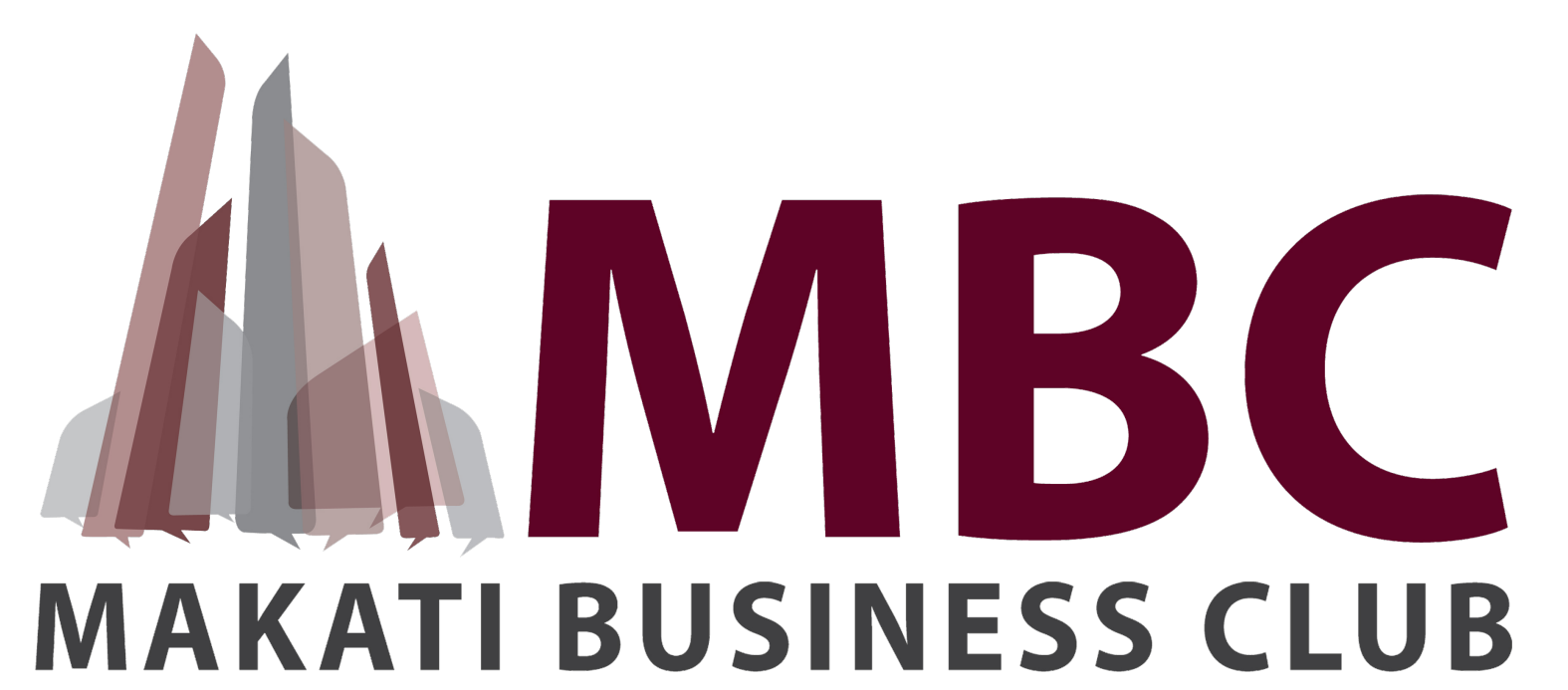MEDIA RELEASE: BUSINESSES GAVE STRONG SUPPORT TO EMPLOYEES, COMMUNITIES, AND PARTNERS AMID PANDEMIC; PROTECTED JOBS EVEN AS REVENUES FELL, SURVEY SAYS
(Sept. 27, 2021) — Almost all businesses supported their workers as lockdowns slashed sales, closed operations, and prevented some employees from working in the first year of COVID, according to a survey conducted earlier this year, Management Association of the Philippines, Institute of Corporate Directors, and Makati Business Club said today.
While most said revenues fell, everyone focused on minimizing letting go of employees. Majority maintained and even added workers, underscoring the private sector’s role in helping Filipinos provide for themselves and take care of their families.
The survey provides data that may flesh out the observation often made by government, media, and other observers on the extent of assistance the private sector provided at the time. The survey was conducted from April 6 to May 16 by organizations who had signed the MAP- and ICD-led Covenant on Shared Prosperity in Nov. 2020. It gathered 200 respondents from 34 organizations. MBC coordinated the survey and Philippine Survey and Research Center (PSRC) processed the data.
About 99% of 200 executives in the survey said their companies provided some form of support for their regular employees, 71 percent of contractual employees, and 65 percent of agency employees.
“The survey results show that Philippine Business, in this pandemic, is a caring, nurturing and compassionate sector in our society,” said Rex Drilon, currently chairman of MAP’s Shared Prosperity subcommittee, and chairman of ICD when ICD and MAP spearheaded the Covenant on Shared Prosperity. “This reflects the true character of the good Filipino: caring, nurturing and compassionate.”
Among other survey results regarding employees:
| Continued pay for non-reporting regular employees | 45% |
| Special financial assistance, advances, loans for regular employees | 43% |
| Continued pay for non-reporting contractual employees | 31% |
| Special financial assistance, advances, loans for contractual employees | 27% |
| Continued pay for non-reporting agency employees | 30% |
| Special financial assistance, advances, loans for agency employees | 25% |
“The Philippine private sector always plays an outsize role in helping government respond to crises: this is already automatic,” said Atty. Francis Lim, who was president of MAP when ICD and MAP spearheaded the Covenant on Shared Prosperity. (Lim is now president of FINEX.) “This partnership was biggest during the biggest crisis in our lifetimes and continues through this year.”
Among other survey results in other areas:
| Support for clients and customers (led by advanced payments, waived fees/obligations, material and other support) | 51% |
| Support for suppliers and contractors (led by extended payment terms, discounts, waived payments/rents) | 34% |
| Support for healthcare workers (led by provision for PPE, meals, accommodations; and providing test/quarantine/isolation facilities) | 73% |
| Support for low-income communities (led by joining other fund and assistance drives such as Project Ugnayan and in-kind assistance such as meals) | 69% |
| Support for other organizations (mostly donations) | 33% |
“The Philippine business community’s collective response during the pandemic truly embodied our bayanihan spirit,” said Sharon Dayoan, founding member of Filipina CEO Circle and chairman of KPMG RG Manabat & Co. “Appropriate policies and support programs are being implemented to safeguard not only our employees’ physical wellbeing but their mental and emotional health as well.”
The survey asked respondents to identify themselves by revenue size; size by number of employees; whether revenue increased, decreased, or stayed flat in 2020; and whether employee number increased, decreased, or stayed flat. Answers to the other questions showed some variance among these groups.
Jobs
However, as a group, one of the key findings, which may be a gauge of larger companies across the country, was that while 61 percent said revenue dropped, 55 percent said they maintained or even increased the number of employees.
“A key objective of businesses is to create jobs and in a crisis like this, business’ top priority is to protect jobs and the health and safety of our people,” said Edgar Chua, chairman of MBC. “I’m extremely proud to say that businesses are fulfilling that commitment during this crisis”
The survey being conducted during the first surge of 2021 and before large-scale vaccination began, respondents were also asked what policies they expected to continue or expand (85% work from home and flexible work arrangements) and where the private sector should increase its involvement (65% vaccine supply, 41% vaccine administration). (END)
A detailed summary of the report can be found here.
The full report presentation can be found here.

